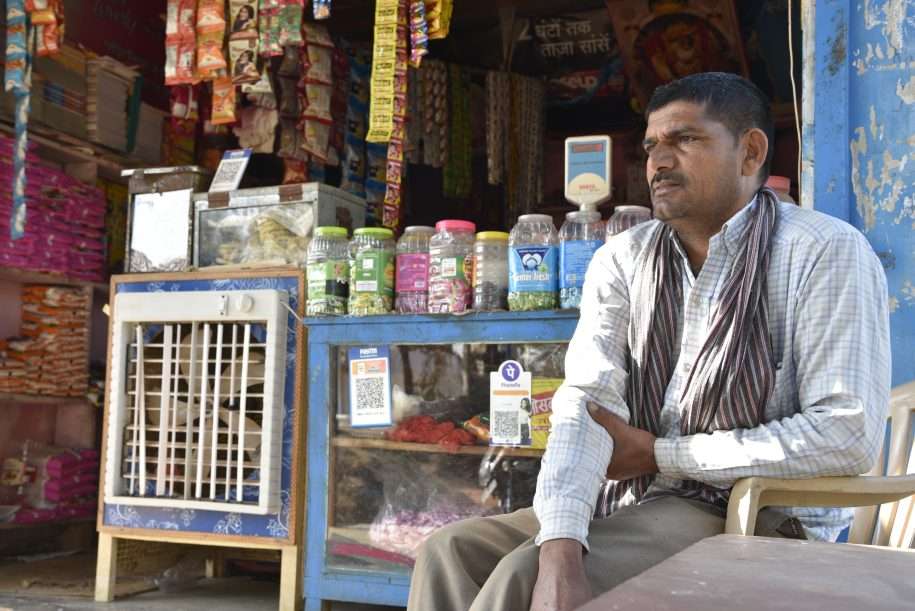In India, the ingenuity, vision, and limitless potential of nano entrepreneurs represent a tremendous and largely untapped opportunity. According to the baseline report of a longitudinal study on credit access for nano enterprises, conducted by LEAD at Krea University, nano entrepreneurs are a distinct and important segment with the potential to drive economic growth. Given the large addressable market and under-penetration of formal credit, analysts estimate the credit demand of nano enterprises at $150 billion – and growing rapidly.
India is home to 11 million nano-enterprises with an annual turnover between INR 10 lakhs and 1 crore ($12,000 and $121,000 USD). These enterprises are considered part of the country’s 62 million micro enterprises with turnover of up to INR 5 crores ($600,000 USD), but their characteristics and credit needs are substantially different. Many small businesses may have a microfinance credit history or a higher degree of digitization and formalization that makes it easier for them to access credit. But nano-enterprises are currently being left to fall between the cracks.
Baseline Findings: A Stable Segment Ripe for Credit Access
Researchers interviewed 2,250 borrowers to study the impact of credit on their nano enterprises. Here are a few key findings from the baseline report, which speak to the stability of this segment and create a compelling case for creating tailored financial solutions to support it.
- Years of Operation: Three years of operation is generally considered the industry threshold for lending as it means business cash flows have stabilized. On average, borrowers in the study have been in operation for seven years and only 11% of them were new to credit. This suggests that according to the typical industry standard, this segment is ripe for credit access.
- DIY Approach: Borrowers running enterprises with turnover between INR 10 lakhs to 1 crore ($12,000 and $121,000 USD) take out loans from multiple lenders simultaneously. This means they are effectively creating their own loan product, underscoring the need for customized financial solutions.
- Limited Credit Access: In a demographically young country like India with a large informal economy, many young adults are self-employed through home-based enterprises. In their initial years, more than 80% of these borrowers had either bootstrapped through their own savings or received support from family and friends to start their enterprise.
As we continue to serve nano enterprises with our partners, findings from the three-year longitudinal study will be released in 2024 and 2025. The study is designed to provide insight into the changes that occur in business performance over time, from loan disbursement to loan closure.
This detailed profile of the nano entrepreneur reinforces the opportunity before us – for these businesses, the people they employ, and their families, but also for the financial industry and India’s economy as a whole. The nano enterprise segment is ready to innovate and grow if we only let it flourish.
This article first appeared on the Dell Foundation website.
About the Authors
Sharvi Dublish is a Program Associate with the Dell Foundation. She completed her Master’s Degree in Economics from Delhi School of Economics and received her Bachelor of Arts in Economics from St Stephens College, Delhi University. Sharvi has more than five years of experience in mining and manipulating big data through a variety of machine learning algorithms to derive implementable insights.
Abhishek Gupta is a Research Manager with the Small, Growing Businesses and Employment vertical at LEAD. He has a Master’s Degree in Management from the Institute of Rural Management Anand and a Bachelor’s Degree in Mechanical Engineering from Delhi College of Engineering, Delhi University. Abhishek has more than five years of experience in financial inclusion consulting, incorporating behavioural design into research and advisory projects.





